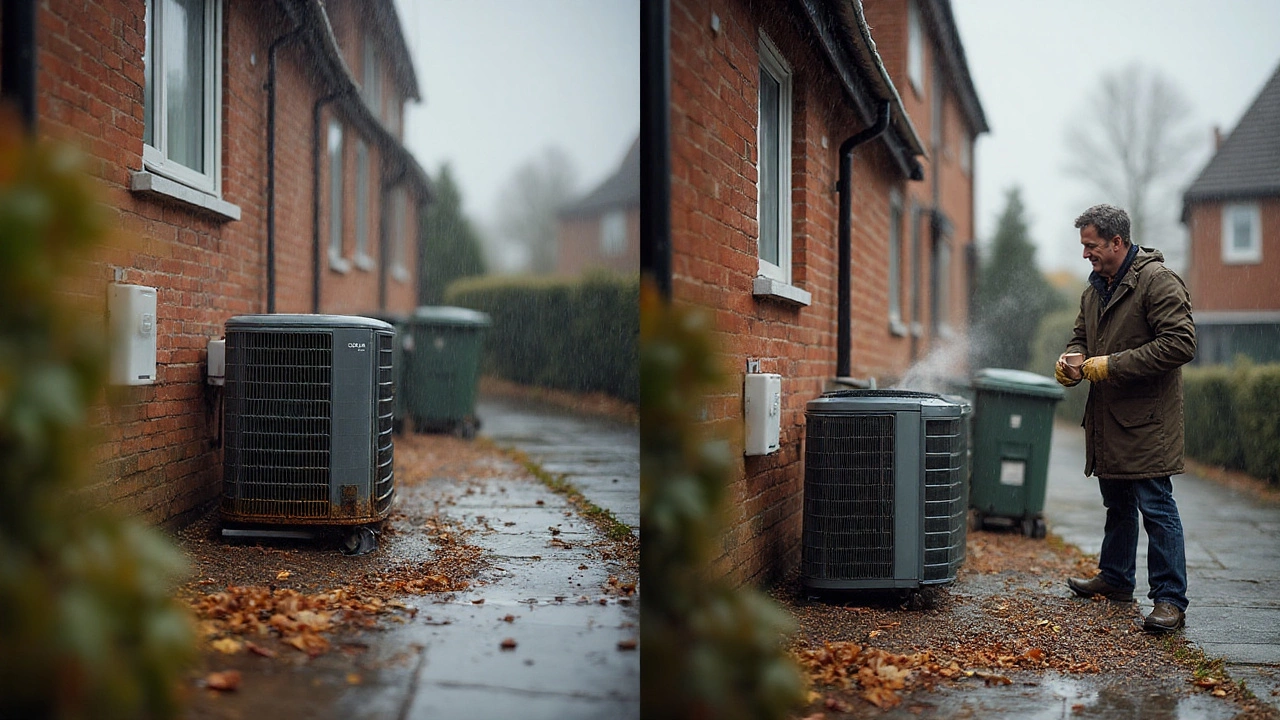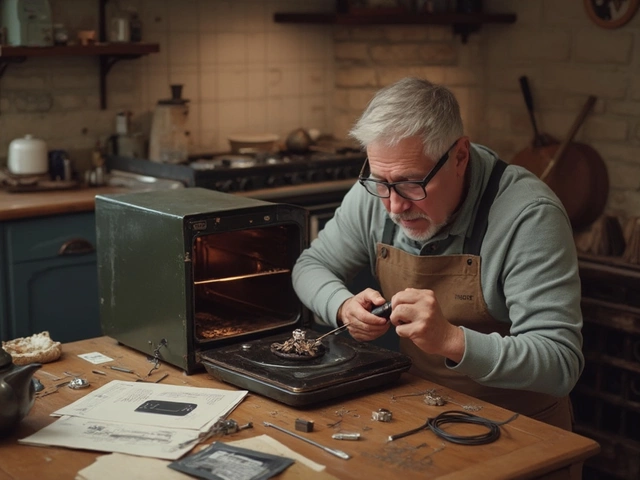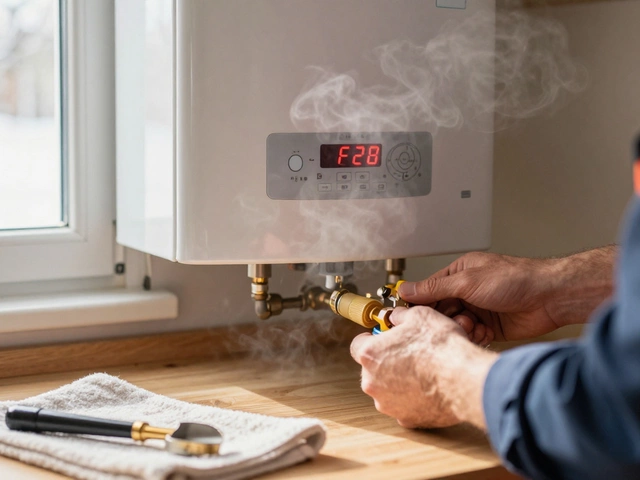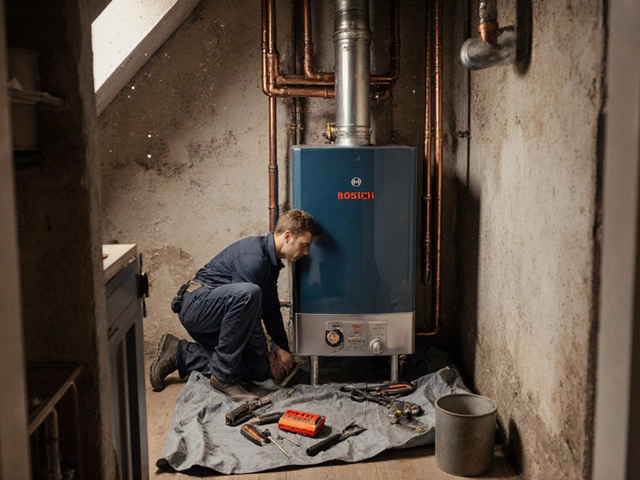If you’ve just installed a heat pump or are thinking about buying one, the big question is likely how long it will stick around. Most heat pumps in the UK last between 15 and 20 years when they’re looked after properly. That might sound like a long time, but in reality a lot can affect whether you hit the upper end of that range.
First off, the climate plays a big role. Heat pumps work harder in colder weather, and if you live in an area that frequently drops below 0°C, the unit will run more cycles and wear out faster. Bognor Regis has relatively mild winters, so you’re already at an advantage.
Second, usage patterns matter. A pump that’s cranked on for 12 hours a day will age quicker than one that’s used just to top up the house on chilly evenings. Try to keep the thermostat at a steady, moderate temperature instead of constant highs and lows.
Third, the quality of the installation is crucial. Poorly sized units, bad ductwork, or incorrect refrigerant levels can cause strain that shortens life. Always hire a certified technician who knows local codes and the specific model you bought.
Lastly, regular maintenance is the game‑changer. Skipping annual check‑ups means dust, debris, and refrigerant leaks go unnoticed, and those small issues snowball into major failures.
1. Schedule yearly service. A qualified engineer will clean the coils, check the refrigerant pressure, and tighten any loose connections. This usually takes an hour and can add a few years to the unit’s life.
2. Keep the area clear. The outdoor unit needs space to breathe. Remove leaves, snow, or garden tools that might block airflow.
3. Change filters regularly. If your system has air filters, swap them every 1‑3 months during heavy use. A clogged filter makes the fan work harder and can overheat the motor.
4. Monitor performance. If you notice the house getting colder faster than usual, longer run times, or strange noises, it’s a sign something’s off. Catching the problem early saves money.
5. Use a programmable thermostat. Setting the pump to lower the temperature at night or when you’re out reduces unnecessary cycles, which translates to less wear.
When you start seeing a drop in efficiency—like the pump runs for hours but still can’t keep the house warm—it might be time to think about replacement. Upgrading to a newer, higher‑efficiency model can cut your energy bills by 10‑20%.
In the end, a well‑maintained heat pump can give you reliable heating and cooling for two decades or more. Keep an eye on the signs, stick to a maintenance schedule, and you’ll get the most bang for your buck.

Real UK lifespan for air vs ground source heat pumps, what shortens or extends life, maintenance steps, and a simple repair-or-replace guide you can actually use.

Exploring the value of repairing a freezer involves assessing various factors, such as the cost of repairs, the appliance's age, and the efficiency improvements of newer models. Understanding common freezer problems can help homeowners decide whether a repair is worthwhile. The decision should account for both economic and environmental perspectives, guiding when to repair or replace.

Oven troubles can throw a wrench in your meal plans. From a faulty heating element to problematic door hinges, diagnosing oven issues doesn't have to be daunting. This guide helps you identify and address common electric oven problems. Learn when a DIY fix is safe and when it's time to consult a professional. Simple steps and practical tips get you on your way to a working oven.

Boiler repairs in the UK usually take 1 to 3 hours, but major issues like a cracked heat exchanger can take half a day. Learn what affects repair time and when replacement is smarter than fixing.

Replacing a boiler costs thousands because it's not just the unit-it's labour, safety checks, pipe upgrades, and compliance. Learn why this big investment is necessary and how to avoid overpaying.

Learn how to spot a malfunctioning heat pump, recognize warning signs early, and troubleshoot issues to keep your home comfortable and energy bills in check.